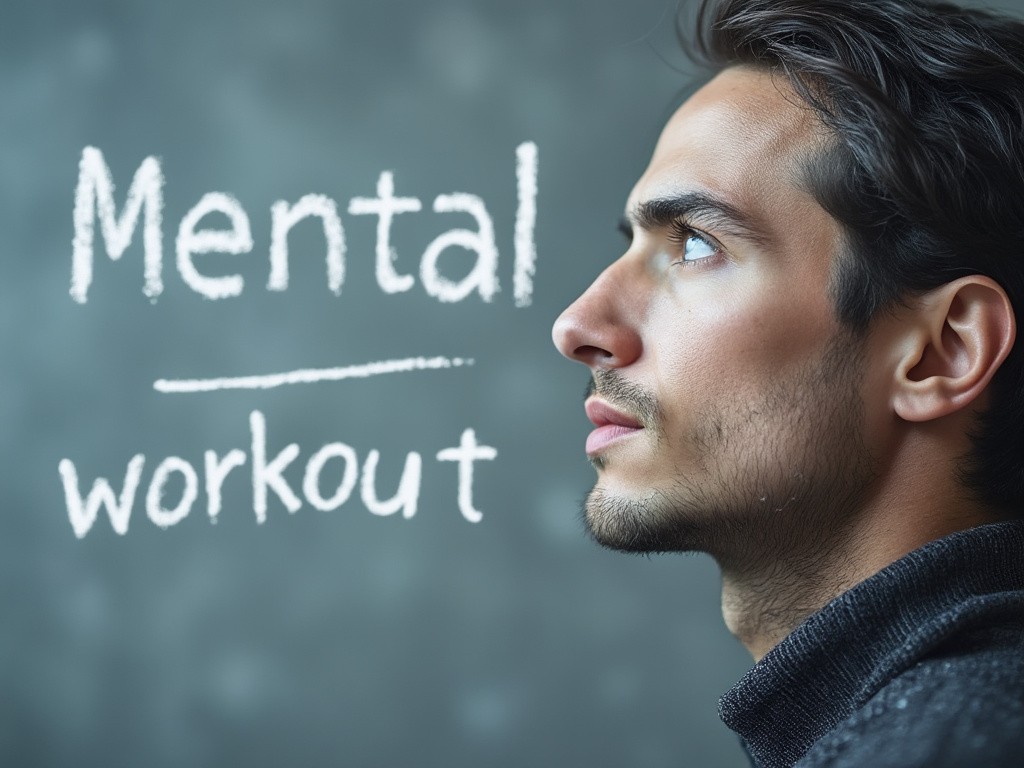fitness
Workout for Mental Health: What You Need to Know
Oct 14, 2024

Workout for Mental Health: What You Need to Know
Mental health is as vital as physical health, yet it's often overlooked in our busy lives. Exercise isn't just about keeping the body fit; it's also one of the most effective ways to improve mental well-being. If you've been feeling stressed, anxious, or simply out of sync, incorporating workouts into your routine might be the key to transforming your mindset and boosting your mood.
The Science Behind Exercise and Mental Health
When it comes to understanding the connection between exercise and mental health, it's all about what happens in the brain. During physical activity, the body releases neurotransmitters like endorphins, dopamine, and serotonin—often called the "feel-good" chemicals. These powerful chemicals lift your mood, reduce stress, and help clear your mind. At the same time, exercise lowers levels of cortisol, the hormone responsible for stress.
Beyond the science, people often experience a renewed sense of clarity and positivity after just a short workout. Exercise isn't merely a physical activity; it's a chance to reconnect with yourself, release tension, and feel truly energized.
The Benefits of Exercise for Mental Health
Here are some of the key benefits you can expect when you make exercise a regular part of your life:
Improves Mood: Even a brief workout can significantly improve your mood, making you feel more positive and uplifted.
Reduces Anxiety and Stress: Physical activity naturally reduces stress levels, helping to calm your mind and ease feelings of anxiety.
Boosts Self-Esteem: Achieving your fitness goals or simply seeing progress in your workouts can boost your self-confidence.
Enhances Sleep Quality: Regular exercise helps regulate sleep patterns, leading to more restful and rejuvenating sleep.
Increases Mindfulness: Activities like yoga and stretching encourage a mind-body connection, helping you stay present and focused.
Recommended Workouts for Mental Health
The best type of workout for mental health depends on what feels most enjoyable and sustainable for you. Here are some recommendations:
Aerobic Exercises: Running, swimming, or cycling are great for getting your heart rate up and releasing those feel-good endorphins.
Strength Training: Lifting weights or doing bodyweight exercises can build not only your physical strength but also your mental resilience.
Yoga and Meditation: These practices promote mindfulness and relaxation, making them ideal for reducing stress and finding balance.
Group Activities: Participating in fitness classes or team sports can provide a sense of community, which is beneficial for emotional well-being.
Starting a Workout Routine for Mental Health
Starting a new workout routine can be challenging, especially if you're already feeling stressed or overwhelmed. Here are some tips to help you begin:
Set Realistic Goals: Start with small, achievable fitness goals that align with your overall well-being.
Choose Activities You Enjoy: Find a type of exercise that excites you and makes you look forward to moving your body.
Create a Routine: Make exercise a consistent part of your life by scheduling it into your daily or weekly plans. If you need a tailored routine that suits to your schedule, TrainCoach App can create it for you.
Listen to Your Body: It's essential to respect your limits to avoid burnout or injury, especially when you're just starting.
Overcoming Common Barriers
It's completely normal to face obstacles when starting a new fitness journey. Here are a few ways to tackle some common challenges:
Lack of Time: Even short, 10-minute workouts can be effective. Break exercise into manageable chunks that fit into your day.
Motivation Struggles: Focus on the mental health benefits of exercise, like reduced stress and improved mood, to stay motivated.
Mental Blocks: Remember that movement is a form of self-care and a powerful way to prioritize your well-being.
Conclusion
Exercise is so much more than just a way to stay physically fit; it’s a powerful tool for enhancing your mental well-being, boosting self-confidence, and improving your overall quality of life. Taking that first step toward a healthier mind and body may seem daunting, but it’s a journey well worth starting.